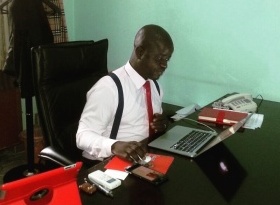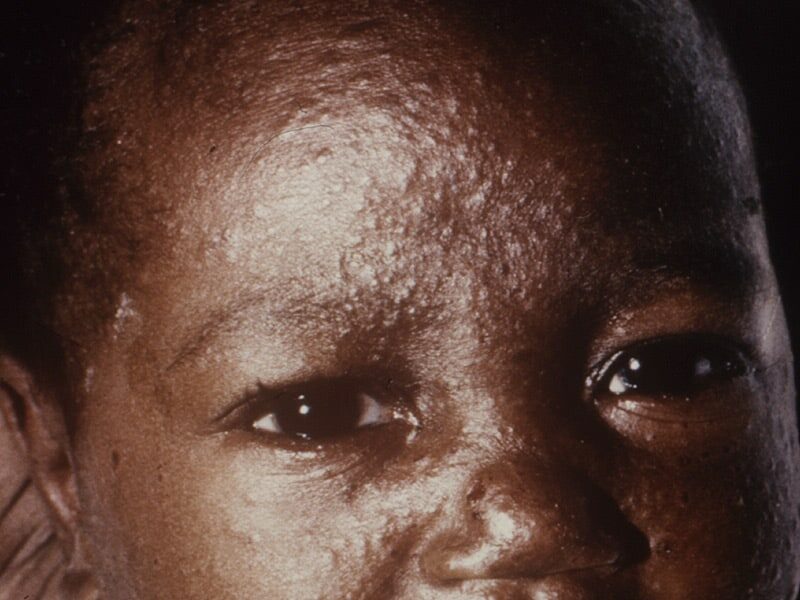Utilizing Local Governance in Post Ebola Recovery Drive
With the country apparently bringing an end to its Ebola chapter, a post Ebola Recovery Strategy document could not have come at the right time, given the lessons we have learnt; how the virus and its outbreak affected not only state governance, but brought to light the challenges in the health sector of the affected nations, and also, most importantly but sadly, killed thousands of our compatriots. Also, the leadership, especially at the political level, provided so far by Sierra Leone and the support of the country’s development partners and friendly nations like China should come to mind when issues surrounding post Ebola recovery are discussed.
The sub regional response has so far been phenomenal, with the three presidents of the most affected nations recently meeting in Guinea. Sierra Leone’s president Koroma has so far been commended for his national response to the outbreak, given that this is first in the history of the country and it came when not prepared for, or anticipated.
In one year, we now have come to terms with the need to build functional, strong and workable National Systems for Resilience and Sustainable Development. This is especially so, because, the Ebola virus came with a huge challenge to not just Sierra Leone’s socio- economic activities, many believe, it has also presented us with opportunities towards building better institutions for effective service delivery.
The need for a pliant country health system cannot be downplayed. Crucially, even the Post Ebola Recovery document does make clear, that such a resilient heath care system could, amongst others, require: “a) Formulation and implementation of a standalone Public Health Master Plan to emphasize the preventive aspect of healthcare delivery systems; b) Restoration of sanitary (and compound) officials and inspectors across the country within the framework of an established and/or well capacitated Directorate for Environmental Sanitation and Hygiene that is fully decentralized.
It also, rightly so, requires “promotion of in-country postgraduate medical education to increase professional hours in the medical and healthcare system; and d) Establishing a centre for the control of infectious diseases that is well staffed and equipped; training hundreds of doctors in specialized areas, including pediatricians, dermatologists, eye specialists and tropical disease specialists; and training a large number of midwives, surgeons and specialists in non-communicable diseases.”
Local ownership is vital here. This is because we are talking about those communities that are affected not just by the virus, but whom at the end, shall be primary benefactors of whatever development initiatives could be embarked upon. This is where the issue of deepening the devolution process comes into play. Acceptably, we could ensure an effective and strengthened decentralized service delivery systems, structures and processes, and empowering the community to foster trust, by properly making use of the revamped Inter-Ministerial Committee on Decentralization. Recently resuscitated and re-energized by the current Vice President, this committee is a vital conduit and a key Governance and Coordinating Agent for Decentralization and Local Government.
The 19 Local Councils across the country- from Bonthe to Pujehun, Kailahun, Moyamba, Western Area Rural District, Bombali, Kambia, Port Loko, et el should now be fully capacitated to ensure those lessons learnt during the Ebola epidemic are fully studied and addressed, and structures put in place that could help in mitigating a reoccurrence of the virus. The devolution and decentralisation processes could be of strategic importance in addressing those challenges and in the full implementation of the post Ebola plan. Council officials, Councilors and representatives of people in our parliament should work collectively in engaging the localities in whatever drive that is being undertaken. This should not just be left in the hands of central government but the collective support of every Sierra Leonean is needed.
Stay with Sierra Express Media, for your trusted place in news!
© 2015, https:. All rights reserved.






